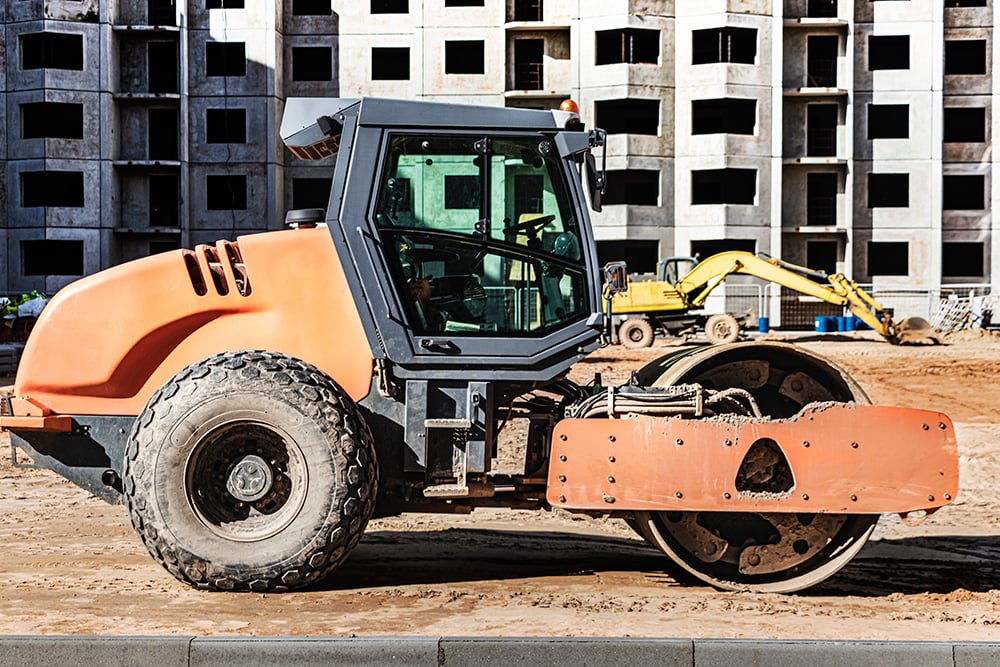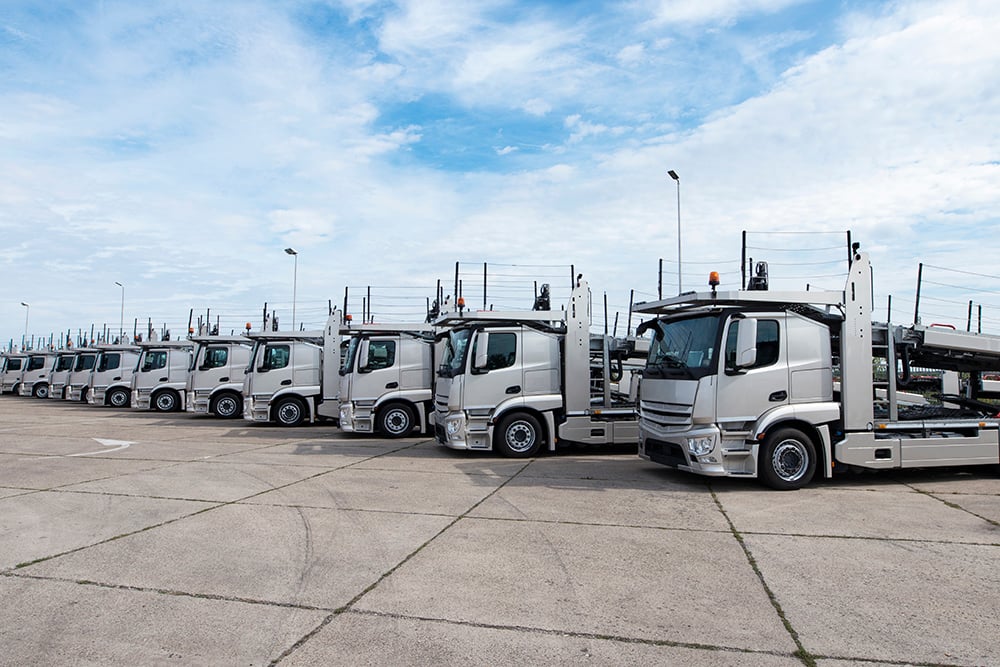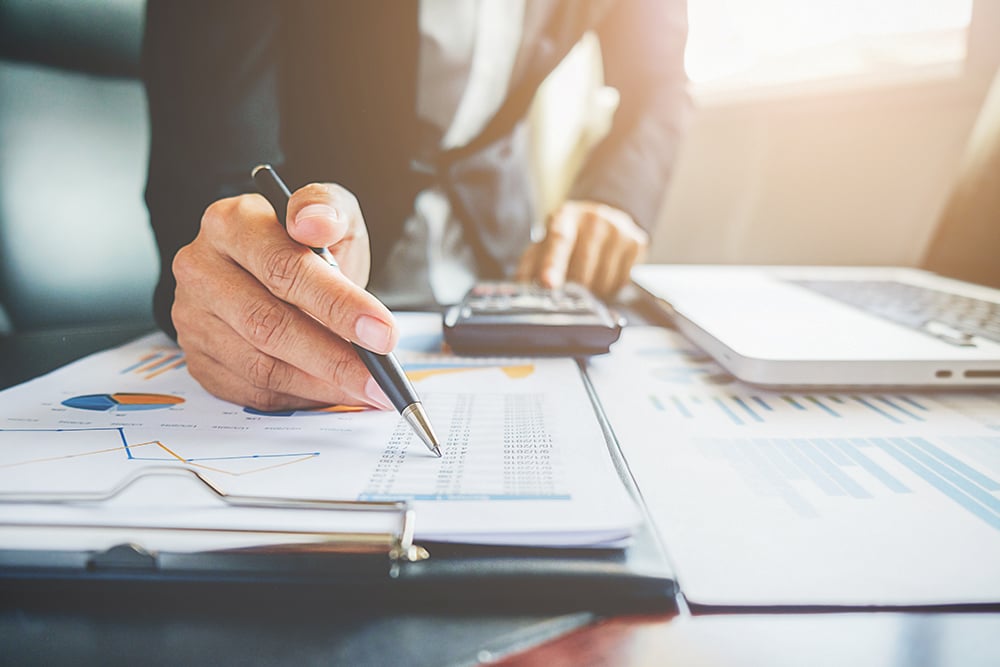
One of the benefits of choosing to become an accredited equipment valuation professional is the diversified range of clientele who need these services. Regardless of the state of the overall economy or particular industry, there are potential customers that come from several different market sectors looking for experienced appraisers to assist them with their transactional or case-related deals.
Here are a few examples of the more common client types:
Business Owners
Companies that utilize a lot of equipment in their day-to-day operations commonly look to buy used equipment to replace older assets that need to be sold in the secondary market. Appraisers can assist in both of these situations.
Banks and Leasing Companies
Whether a traditional bank is looking to collateralize a loan or a leasing company wants to set realistic residual values and resell returned equipment, accredited machinery appraisers can help value both the front and back end of these deals.
Private Equity Groups
In the merger and acquisition markets, these groups will look to invest in certain equipment-based companies by acquiring them, reorganizing them, and maximizing their profitability over a short-term period. Eventually, they will resell the business within the respective industry. Machinery appraisals are needed from a risk, accounting, and tax perspective.
Attorneys-Partner Dispute Work-Divorce-Insurance
For experienced appraisers with the right credentials, teaming up with law firms on internal and external business disputes, divorce cases, insurance claims, tax issues, and related areas offers plenty of opportunities to get involved with litigation work. This allows one to build up a resume of testimony experience as well.
Individual Donors
Donation appraisals are quite common. People will give their used assets to technical schools, universities, museums, and other non-profits requiring a qualified appraisal for items valued over $5,000.
In summary, this broad range of clientele affords machinery and equipment appraisers several avenues to grow their business effectively. Think about the types of clients that would best serve your business.





